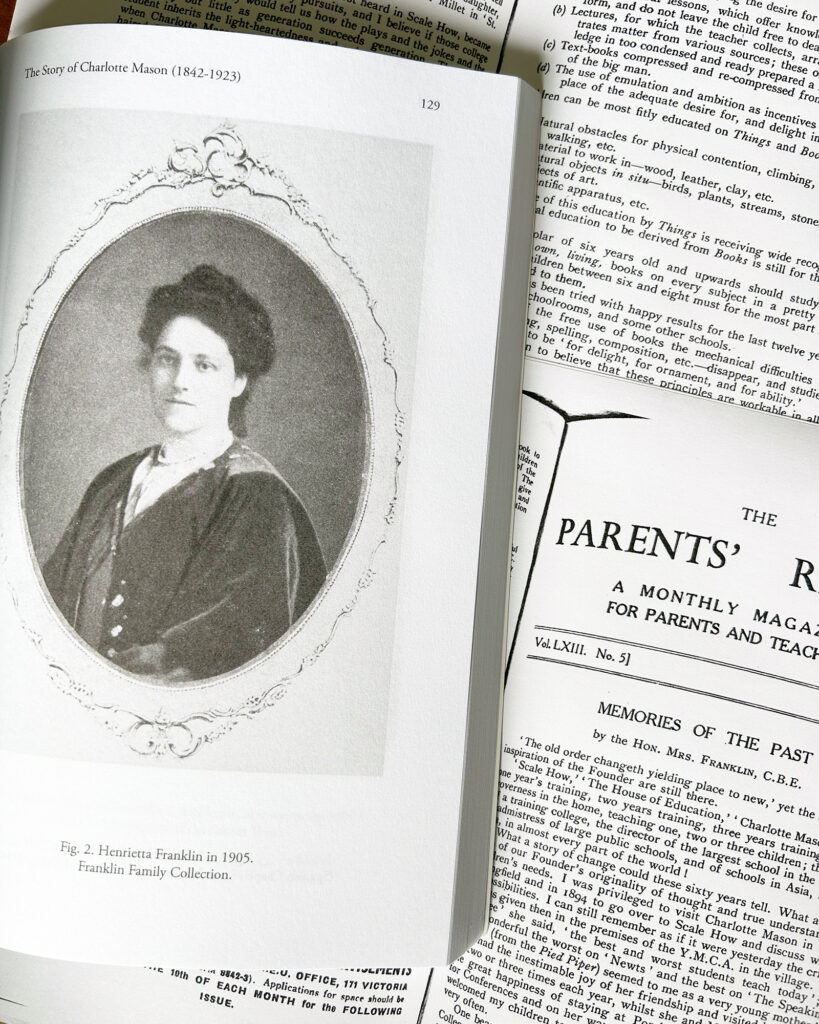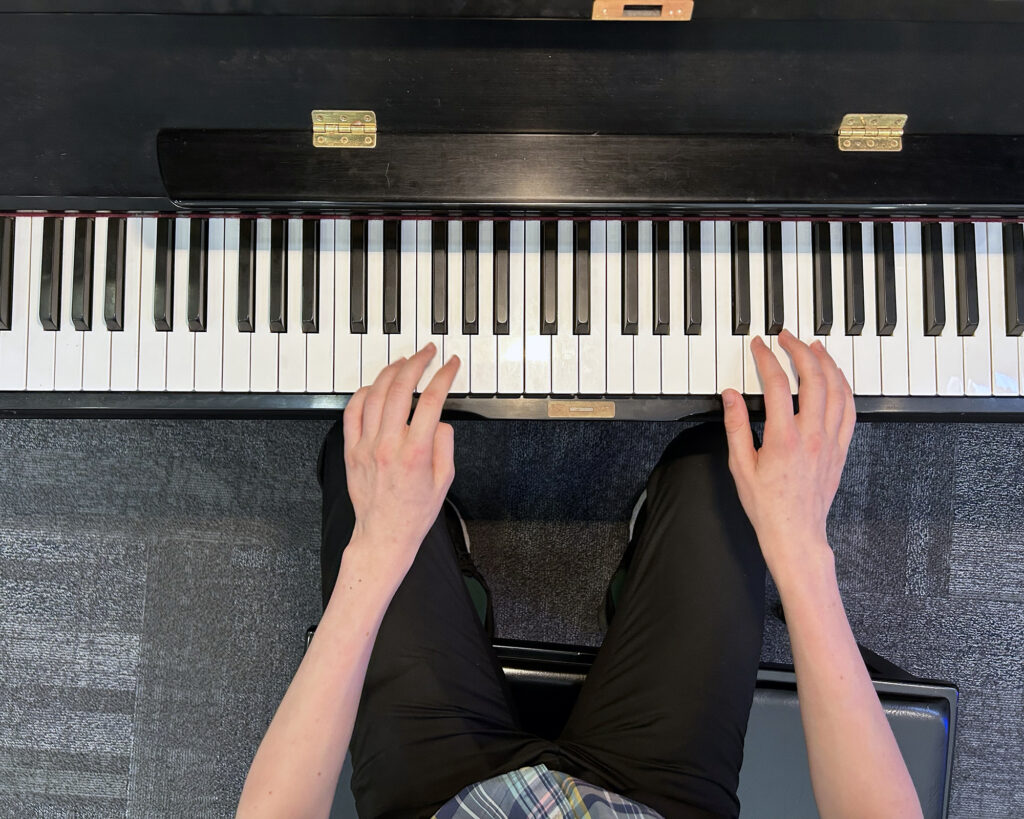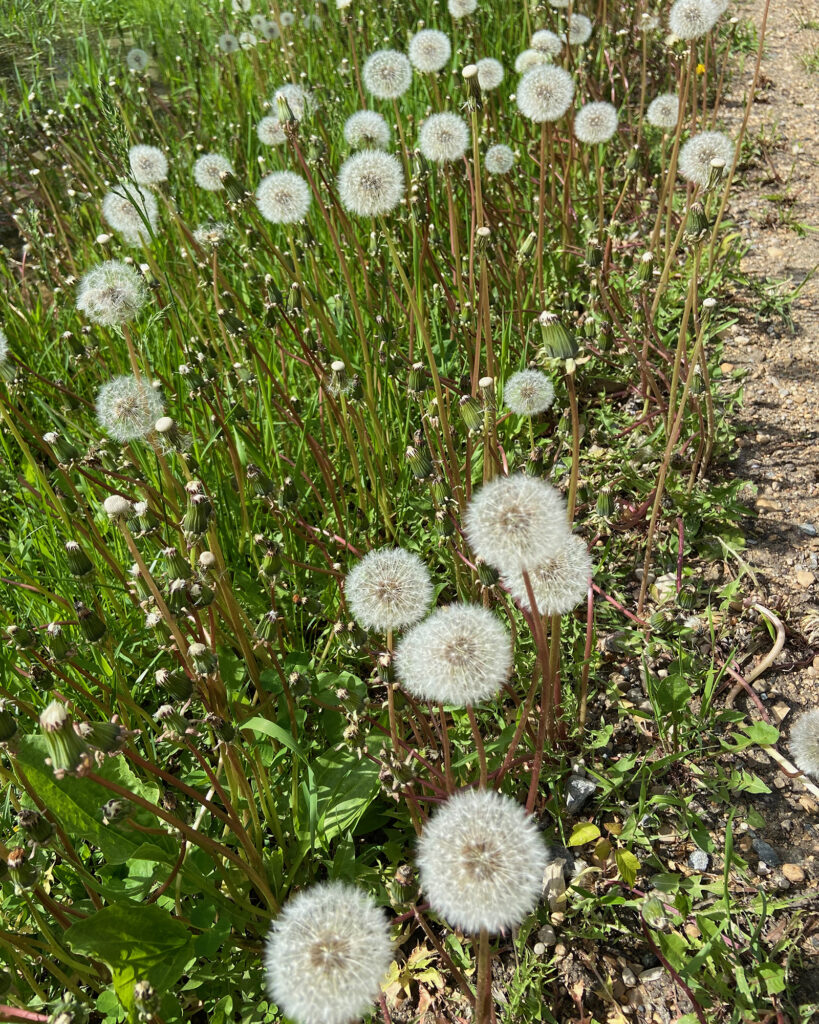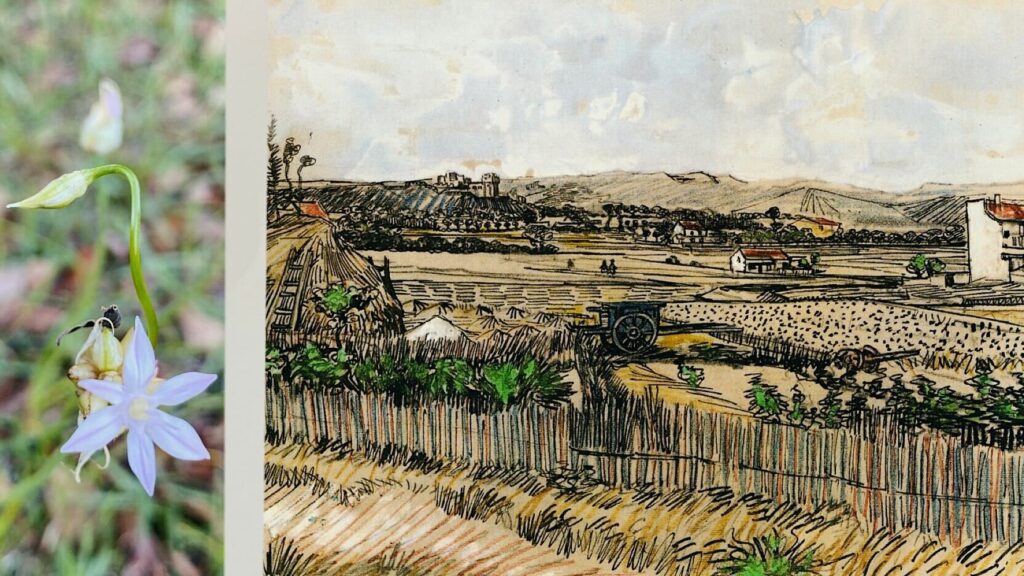The CMP Review — Week of June 3
June 3, 2024
“To notice and wonder and assure ourselves of facts from our own observations is our chief necessity in the study of Nature. It does not much matter how long our questions remain unanswered, if the answers come to us at last at first hand; because the joy of discovery is greater than the mere satisfaction of knowing how to explain anything and everything. If we try to do that for our pupils, we shall only weary them. We must learn with them, and our attitude towards the marvels of the world we live in might well be that of the poet Tennyson, whose poems tell of his close observation of Nature. When found by a friend contemplating a little muddy pool by the hedgerow, overgrown with duckweed, Tennyson, ‘turned a face, dim with rapt and serious contemplation upon him, saying in a deep tone, “What an imagination God Almighty has!” This exclamation was drawn from him by the sight of the little pool, with its myriad and dainty forms of infusorial life and beauty, all fresh from the mind of God.’” (A. C. Drury, Nature Study, PR24)
@tessakeath
June 4, 2024

A common request I hear is for more information about Charlotte Mason’s own life and work. People want to know what she was like as a person, and they want to know how she organized her own House of Education. They want more than just ideas. They want details.
I think this is a natural desire. Charlotte Mason herself did not reduce knowledge to mere abstract ideas. Rather, in her final volume, she wrote that knowledge is “ideas clothed upon with facts.” The fact of the matter is, we all want ideas with their clothes on. We want to see ideas walking around in the real world that we live in. We want to see ideas touching the earth.
Perhaps that desire is what prompted the May 1952 issue of The Parents’ Review. The whole issue was dedicated to memories — memories of Charlotte Mason, her colleagues, and her work. But this was no mere nostalgia or reminiscence; always the view was towards linking the work of Charlotte Mason in the past to the new work of the present and the future.
The articles in this issue do not tell us everything we want to know, but they do tell us something. They give us facts and stories. And those facts and stories are wonderful — but they are only clothing. Today we begin a series of articles transcribed from the “Memories” issue. We hope you read or listen with interest, always seeking the ideas which are nestled inside the facts. Find “Memories of the Past” by Henrietta Franklin here.
@artmiddlekauff
June 5, 2024

Did you know there’s a moment when the sun is setting where all the colors of the rainbow are visible?
It’s the most astounding thing to slow down and watch for.
@rbaburina
Image: Alejandro Ortiz
June 6, 2024

Charlotte Mason believed that the “The Great Recognition Required of Parents” had sweeping implications for how lessons should be conducted. This recognition, that “God, the Holy Spirit, is Himself the supreme Educator of mankind,” was not for her merely an abstract theological conception. Nor was it simply for the comfort and reassurance of the educator (though it is indeed a comforting and reassuring insight).
More than all of this, Charlotte Mason believed that the “Great Recognition” challenges us to consider how the supreme Educator operates. “We are told that the Spirit is life,” she writes; “therefore, that which is dead, dry as dust, mere bare bones, can have no affinity with Him, can do no other than smother and deaden his vitalising influences.” Because the Holy Spirit is “the Lord, the giver of life,” we should offer our children a living education.
The implications, according to Charlotte Mason, are vast. “There is no subject which has not a fresh and living way of approach,” she claims. The challenge for educators of every generation is to find this fresh and living way for all subjects. Even piano. “In teaching music,” writes Mason in Parents and Children, “let him once perceive the beautiful laws of harmony, the personality, so to speak, of Music, looking out upon him from among the queer little black notes, and the piano lesson has ceased to be drudgery.”
In Home Education as well, Mason points in hope to a means to “do away with the deadly dreariness.” She sensed that a key element is that “the child’s knowledge of the theory of music and his ear training keep pace with his power of execution.”
The making of music is joyous, and learning piano can be a delight when it is suffused with meaning and beauty. Joy radiated from the keys as my son played his pieces at a small local recital this past Friday night. There was no competition or judge or rule or evaluation. There was simply a celebration of the Spirit’s work — and there was life.
@artmiddlekauff
June 7, 2024

“The best treasures of the country [of Mansoul] are kept in the fairest of its buildings, in its churches, which are always open, so that people may go in and out many times a day to talk with God, and He comes and speaks with them. But, indeed, He walks about everywhere in the land, in the workshops, in the picture-galleries, and in the fields; people consult Him about everything, little things and great, and He advises about them all.” (Vol IV, Book I, p 3)
@antonella.f.greco
June 8, 2024

Do you slow down in summer?
We’re outdoors earlier in order to beat the heat, then enjoy the light-filled evenings.
@rbaburina
June 9, 2024

Some poems have a musical quality that is better sensed, I think, when heard rather than read. Something about sound of the words when they are carefully spoken adds a new dimension to the meaning. Charlotte Mason’s poem “The Charge” is one such poem.
Our Lord had said, “The harvest truly is great, but the laborers are few; therefore pray the Lord of the harvest to send out laborers into His harvest.” Then He answered His own prayer. Seventy laborers were sent out to the field in a most unusual manner. That mystery is illuminated in verse. Why not listen to it today, read by Antonella Greco. Hear it here.
@artmiddlekauff